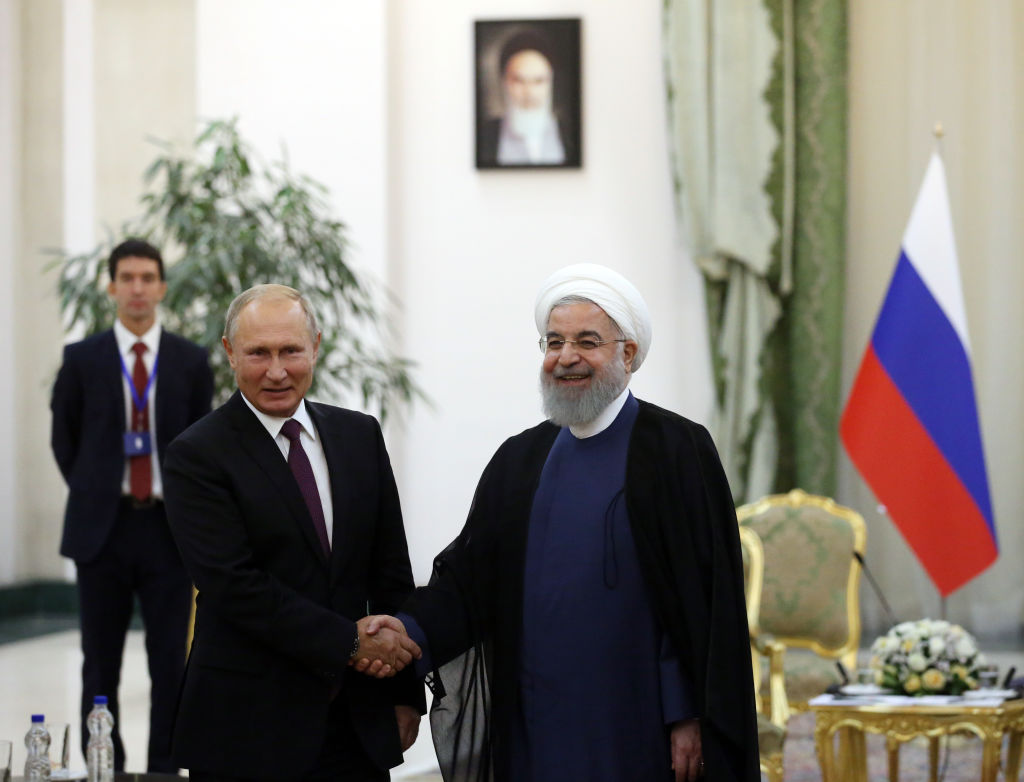The astounding appeal appeared in the pages of Poland’s largest daily newspaper. A week after the elections, the progressive Gazeta Wyborcza announced a new editorial project called — “We thank you already”.
In subsequent issues, the newspaper shall publish the names of people associated with the former ruling party (PiS), who should be immediately expelled from their jobs and erased from public life.
To spice things up further, readers can submit their candidates to be wiped out from public life. The editors even provide a dedicated email address to which you can send your own candidates for the most hated figures in public life. Right-wing journalists are at the center of the liberal zealots’ attention.
Cancel culture entered Polish politics before the new eclectic coalition had even agreed on its future programme. The most recognisable figures and anchormen could see their names and faces in the paper where liberal journalists demand that they be brought to justice.
In the case of the heads of the various editorial divisions, the paper demands that they be brought before the State Tribunal. No matter how absurd the charge of treason for words and public comments may sound, one thing seems certain: the great “post-authoritarian” reconstruction of Poland will start with a media inquisition.
Even journalists who have never sided with the outgoing government and seldom appeared in the state media could be ostracised — just for not being zealous enough in denouncing the government.
The Left-wing weekly Polityka – which, after the fall of communism in 1989, called for restraint in settling accounts with communists and made its pages available to former communist party members, including those who turned out to be agents of the communist secret service — is now the most acrimonious advocate of “unforgiveness”.
Journalists who tried to balance arguments between the Right and the Left are contemptuously called “symmetrists” and unworthy to appear in the “freed” media. Yes, symmetry, or objectivity, is nowadays an insult, according to Polish mainstream media.
Just looking at the political map of the Polish media, where liberal newspapers and television reach a larger audience than conservative, it’s hard to understand where the Left’s aggressive stance comes from.
The only explanation that comes to mind is an ambitious plan for a deep reconstruction of Polish society. Its aim will be to bring Poland closer to liberal Western societies, with a strong progressive agenda for the coming years — in terms of domestic politics, changes in education, climate policy, social policy, migration policy, and foreign policy.
It will go along with a major overhaul of the EU’s architecture in line with the German and French concept of shifting more power away from nation-states and toward the centralising bureaucratic power in Brussels.
In this regard the new Polish government, specifically Donald Tusk, seems to have a debt to repay to Ursula von der Leyen for eight years of unconditional support for the Polish opposition and suppression of the conservative government in Warsaw.
The timing here is critical. The future of the Union will be decided at the December summit, and it will only take one veto to postpone plans for faster European federalisation for years to come. Polish public opinion today would have a hard time accepting such a sudden shift in policy.
Such a fundamental change would require a strong Euro-enthusiastic narrative in any European country, but especially in Poland, a country with strong national sentiments and a commitment to independence. It would be hard for the new government to win support for the Eurocentric revolution. Donald Tusk understands that perfectly.
Gazeta Wyborcza, a staunch supporter of his, recently went so far as to call conservative voters “a monkey crew” that do not understand what’s good for Poland and what is real patriotism.
This contemptuous tone perfectly captures the frustrations of liberal politicians who, although they won the election, know full well that without dramatic changes in the public narrative, will not be able to carry out their great progressive reconstruction.
Even with an election win, it may be difficult for the new coalition to take control of the public media. Public radio and TV are subject to a special council, whose dismissal requires separate legislation, which is doomed to be vetoed by the Right-wing president.
Nevertheless, I assume that a new liberal coalition will find a way to take control, and Brussels this time will turn a blind eye to “rule of law” issues. Leftist media are acting in line with the postmodern understanding of freedom of speech, once proferred by Jean Lyotard – “everything that is the creation of our creativity must be the truth and cannot be questioned just because the facts are different”. They are determined to quickly and ruthlessly reform the minds of their conservative “monkey crew”.
The cancelling of conservative journalists will drastically upset the balance of opinion and political diversity in Polish media. The new public media will be staffed with trusted journalists vetted by private liberal media, including those from the two largest newspapers – parts of the Soros media empire.
A new era in the media will begin, which another postmodernist, Herbert Marcuse, called “Repressive Tolerance”, the unleashing of tolerance by eliminating uncomfortable topics from the public eye.
Only in this way will Tusk succeed in paving the way for a great social transformation in Poland.





The Polish culture war is only just beginning: The liberal elite will attempt to remake the nation in the West’s identikit progressive image